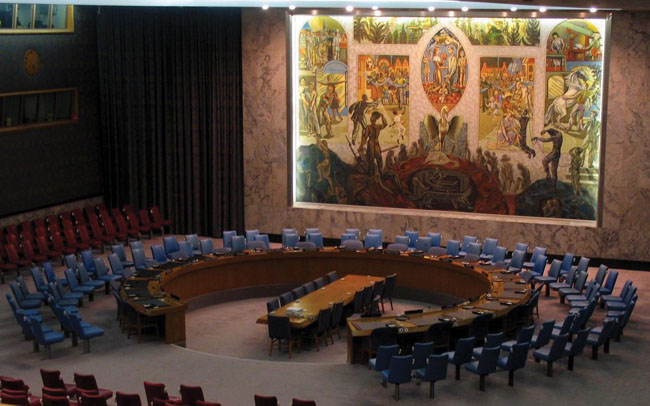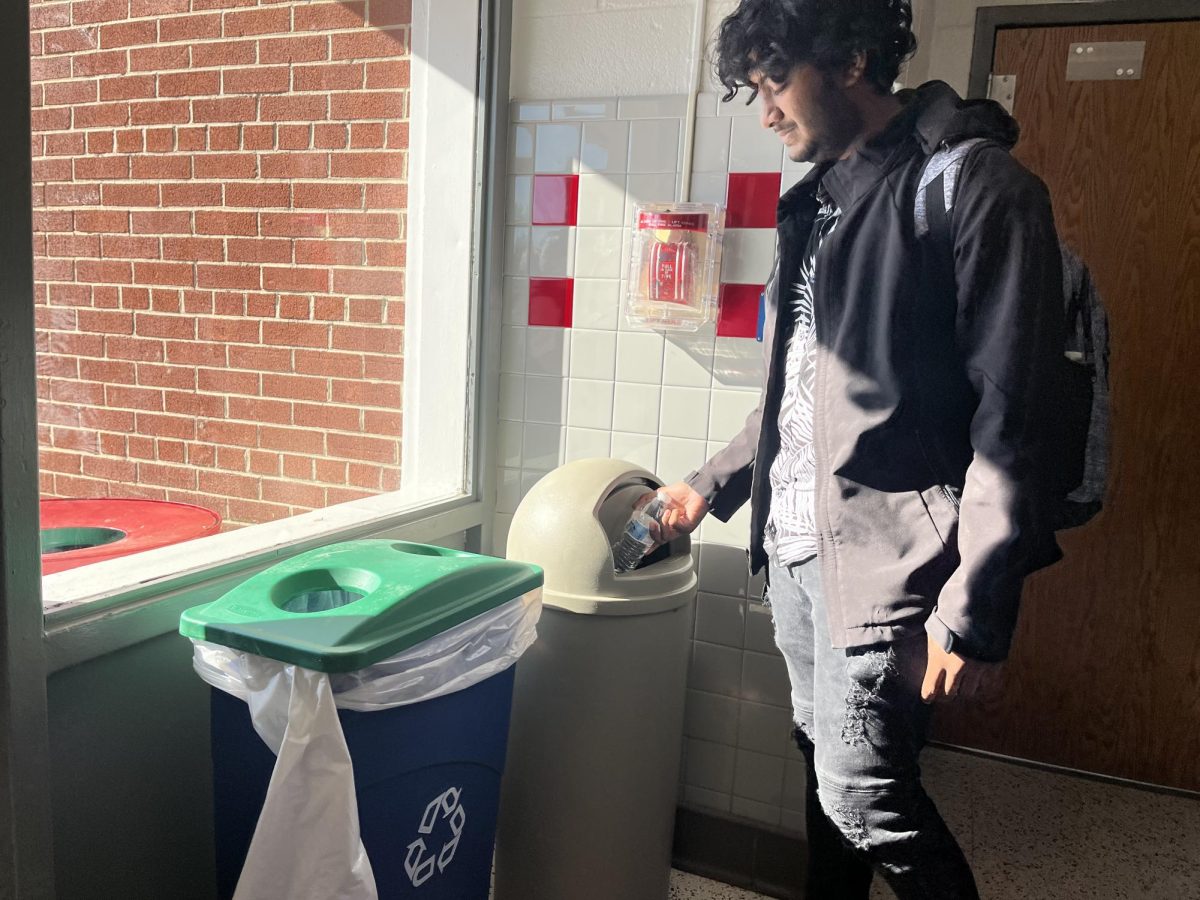 Judging from what I’ve seen, many Americans are clueless when it comes to the issue of Palestinian statehood. If you’ve followed the news at all, you might know that Palestine submitted its proposal to be recognized as a state to the U.N. on Sept. 23. A few more hours of televised media coverage, and you might have perceived that the U.S. and Israel were vehemently opposed to such a course of action. But the question is, why?
Judging from what I’ve seen, many Americans are clueless when it comes to the issue of Palestinian statehood. If you’ve followed the news at all, you might know that Palestine submitted its proposal to be recognized as a state to the U.N. on Sept. 23. A few more hours of televised media coverage, and you might have perceived that the U.S. and Israel were vehemently opposed to such a course of action. But the question is, why?
The specific details of Palestinians’ success, or failure, in terms of the U.N. vote are ultimately insignificant to understanding how an effective solution to this problem can or should be reached. Since any request for statehood must be unanimously approved by the U.N. Security Council, and the U.S. will inevitably veto the request, there is no doubt that Palestine’s endeavor is unrealistic. However, it certainly provides for an optimal chance to examine the politics behind such a request, and why they should be avoided.
Regardless of the approval or disapproval of the U.S. (and the U.N.), Palestine will not be able to exist as a neighbor to Israel in peace. Even if the proposal were to be accepted, it would be many years until Israel and Palestine could exist in a mutually respectful relationship. History can serve as a teacher here.
A prime example of when two societies clashed as a result of the decisions of outside forces is the British partitioning of African lands in the Imperial Age. The European imperialists were concerned solely with their mercantile economies and disregarded the sentiments of the subjects of their imperial colonies. As a result of political boundaries being drawn, tribes fought for control of the new territories once the Europeans left, while the Europeans reaped the financial rewards of exploiting the colonies.
Now, I somewhat understand the Palestinians’ frustration, as they have attempted to facilitate peace negotiations with Israel for decades, and vice versa. It is not as if one side is ignoring the other; both sides have spoken in the past, but to no avail. The continued ignorance surrounding the Oslo Accords is a testament to that.
It is even more important to examine the current state of Palestine’s politics, as this would, in theory, further discourage the Palestinians from going directly to the U.N.
The West Bank and the Gaza Strip might appear to be a unified body of government, but the West Bank is governed by the Fatah, a leftist political party headed by Mahmoud Abbas (the man who represented Palestine when submitting his proposal for statehood on Sept. 23), and the Gaza Strip is governed by the more extremist group of the two, Hamas. Does anyone, besides me, see a glaring potential for civil war? Two groups who are willing to fight for statehood are probably not doing so for the moral implications.
In reality, Palestine needs to get its act together before continuing to vie for independence. Once Palestine has one cohesive government, then let’s talk.








